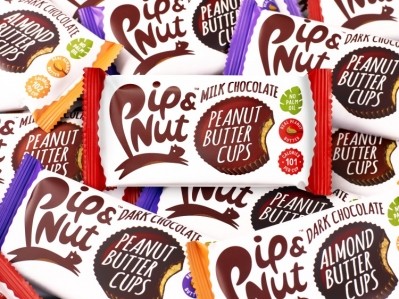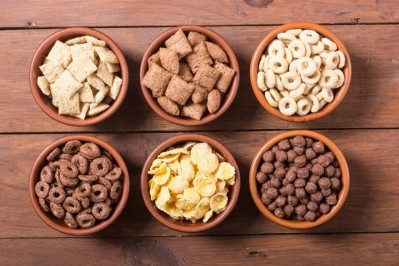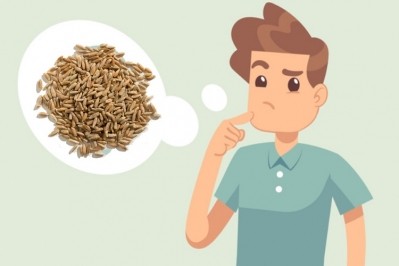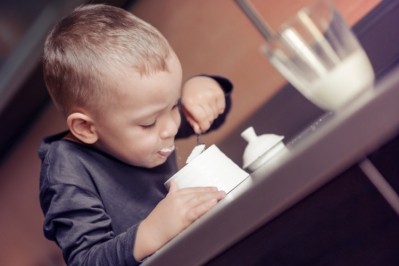Cereal treats: The British breakfast is on the rise but ditch the sugar

After posting a 2.4% decrease in sales last year, breakfast products are now showing a marked increase in sales in the UK, according to Kantar Worldpanel.
Data for the 52 weeks ending April 22, 2018, showed the total value of the breakfast occasion has grown to £11.6bn ($14.9bn).
New snacking moment
Topping the list are ready-to-eat items, hot meals and alternatives, like biscuits and cereal bars.
The market researcher reported sales are up year-on-year by 0.7% to £1.3bn on RTE cereals; by 4.8% to £247m ($318m) on porridge; and by 2.2% to £444.5m ($572.7m) on cereal bars.
Tapping into the on-the-go breakfast market, brands like Belvita launched breakfast biscuits, even positioned these in vending machines, which has created a completely new snacking moment.
The healthy snack bar market is now worth £365m ($470m), growing 1.5% over the year to December 31, 2017.
Kantar Worldpanel found that a third of shoppers are paying no more than £1 ($1.28) per pack for their healthy snack bar moment, so price is still an important factor.
More Brits are grabbing for breakfast on-the-go, with the segment growing by 9.5% over the past year to 263 million occasions – with 40% of those carry outs being bought by consumers aged between 16 and 34.
This only represents 1.4% of breakfasts overall, but – with 97% of Brits reporting to eat breakfast, at a frequency of six times a week – the whole category has experienced a sea change.
Cheapest meal of the day
The market researcher noted breakfast is still the cheapest meal of the day, accounting for just £1 ($1.28) of every £8 ($10.30) spent on groceries, however, it does account for 28% of all eating and drinking ‘occasions.’
Healthy breakfast goods are still the number one choice for 28% of consumers, especially among millennials, who account for 23% of all breakfast consumers.
Kantar revealed that over the past year, 253 million more breakfast choices were made based on health, and 190 million buying decisions were based on being ‘more natural/less processed.’
Consumers are eating more fruit (up 8.5%), porridge (up 7.4%) and eggs (up 2.7%); however, granola has experienced an 8% decline in consumption.
The rise of peanut butter
Peanut butter is forecast to overtake jam as Britain’s favorite breakfast spread, driven by the impetus by Public Health England to slash Brit’s sugar intake by 20% by 2020.
Sales of the nut spread were up by nearly a fifth last year to £94m ($121m), thanks also to a greater availability of healthy premium versions like Whole Earth and Pip & Nut.
Jam saw sales dip, according to Kantar data, falling by 2.9% to £106m ($136m) in 2017.
This confirms that the way forward for breakfast producers is to tap into the continuing health trend with more natural products, especially those that can be grabbed on the go.









